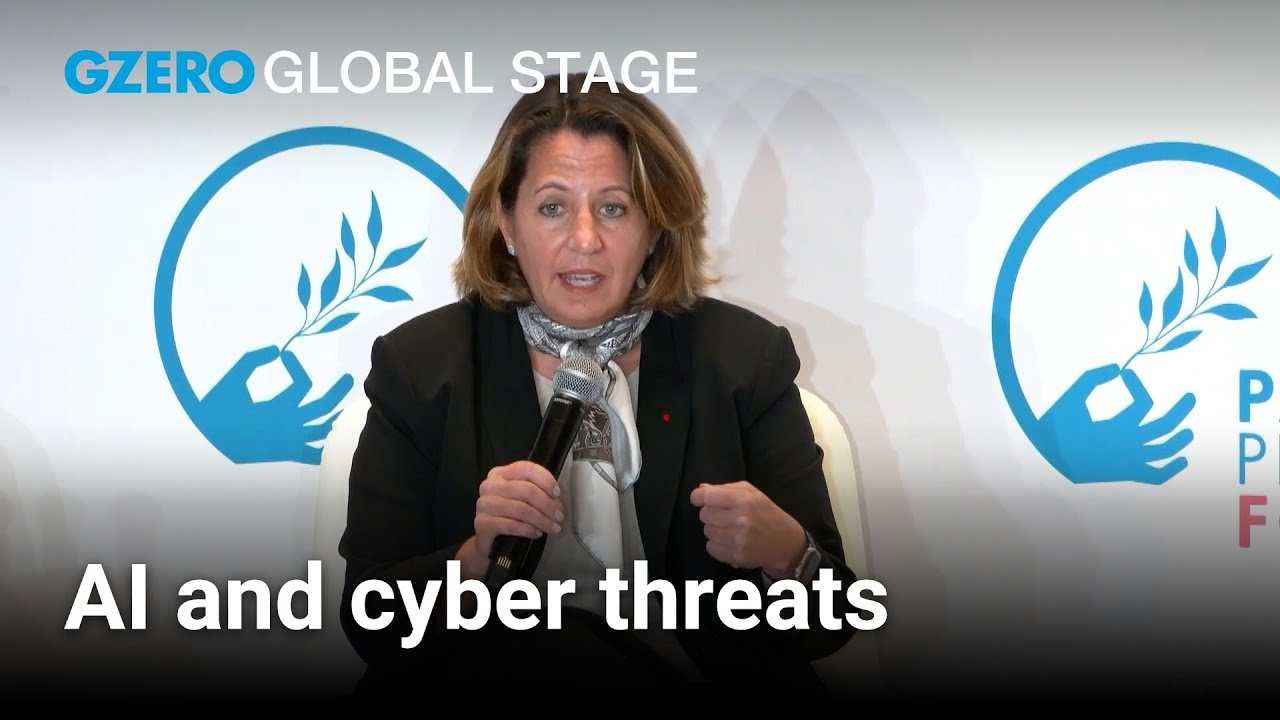Brazil's dam disaster – Hundreds of people are still missing after a dam burst in the central Brazilian state of Minas Gerais, sparking an avalanche of mud and mining waste that killed and injured many. This is the second deadly dam accident for Brazilian mining giant Vale in just three years, and it could prove politically damaging for Brazil's recently inaugurated president, Jair Bolsonaro. Bolsonaro ran as a pro-business and anti-regulation conservative, pledging to cut onerous environmental regulations. We'll be watching to see how he responds to growing pressure to crack down on one of Brazil's most important industries.
A breakthrough in Afghan peace talks? – US and Taliban negotiators have reportedly agreed in principle to a framework deal to bring about an end to America's longest war. Under the agreement, the US would commit to the eventual withdrawal of its 14,000 troops in return for a Taliban-backed ceasefire and peace talks between the Taliban and Afghan government. To date, the Taliban has refused to talk to the central government in Kabul, whose authority it views as illegitimate. On Monday, Afghan President Ashraf Ghani delivered a nationally televised address in which he applauded the agreement and called on Taliban to embrace direct talks. We're watching to see if the latest development represents a real step toward peace or is instead an effort by the Trump administration to dress up a predetermined decision to leave Afghanistan.
What We're Ignoring:
The United Arab Emirates' gender inclusiveness awards –UAE Vice President Sheikh Mohammed bin Mohammed bin Rashid Al Maktoum handed out awards for "best government entity supporting gender balance," "best federal authority supporting gender balance," and "best gender balance initiative" at a ceremony on Sunday celebrating progress toward greater gender inclusion within Emirati government agencies. There was just one problem: the recipients were all men. The optics are terrible, and we're ignoring these awards. But, to be fair, the UAE does boast the best gender equality record in the Arab world, according to a UN study. It also recently doubled paid leave for new mothers to 90 days, unlike the US, which doesn't have a nationwide paid maternity leave policy.
"Red scarves" protests in France – It's been more than 11 weeks since tens of thousands of gilets jaunes – or "Yellow Vest" – protesters began occupying intersections in cities and towns across France. Now the weekend protests, which have sparked France's worst street violence since the late 1960s, have spawned a counter-movement. Enter the "red scarves," who turned out in the thousands over the weekend to denounce the "insurrectional climate" created by the rowdy yellow vests. We're all for calm, civil debate here at Signal, but it's hard to see how a protest movement calling for moderation can sustain enough energy to make a difference. In protest against this sartorial tomfoolery, your Signal authors have decided to don white berets.
